A subjective call quality test performed on Friday found that between the top three carriers in the U.S., the Sprint version of Apple's iPhone 5 beat out identical versions of the device from Verizon and AT&T.
While the examination is largely unscientific, CNET found that there is a perceptible difference in audio quality when using the new iPhone 5 on the nation's top three networks.
It should be noted that the following results are from an individual case and do not reflect nationwide nationwide performance, which may vary due to coverage and other factors.
After setting a baseline call made from an AT&T iPhone 4S, the publication phoned San Francisco from a street corner New York and compared voicemail recordings using all three iPhone 5 carrier models of the iPhone 5. As noted, the calls were made with the handset held normally against the reporter's ear.
The recordings clearly illustrate the difference between the iPhone 4S and iPhone 5, with the legacy model coming in a bit mushy with noticeable background noise.
Closest to the iPhone 4S was AT&T's version of Apple's sixth-generation handset, and while the unit's noise canceling feature seemed to be fairly effective, some background noise leaked through. compared to the other two carriers, AT&T's version exhibited some "graininess" and sounded the most compressed.
The call from Verizon's iPhone 5 was a bit clearer with less background noise compared to the AT&T unit, however a close listen to the recording reveals some hiss and popping.
Sprint was the clear winner with the reporter's voice coming through with a richness and clarity not heard from the competing carriers' networks. Ambient sound was a non-factor and the transmission was clean, without pops, hiss or other distortion.
With the iPhone 5, Apple released three different versions, two of which are compatible with the two different wireless technologies deployed in the U.S. The AT&T iteration uses GSM technology, the Verizon and Sprint versions both operate on CDMA networks, and all three support 4G LTE, albeit on different bandwidths.
Because all versions of Apple's handset use the same audio components, the quick test illustrates how important a provider's network is when it comes to call quality. This is especially evident when taking the identical CDMA versions offered by Verizon and Sprint into consideration.
 AppleInsider Staff
AppleInsider Staff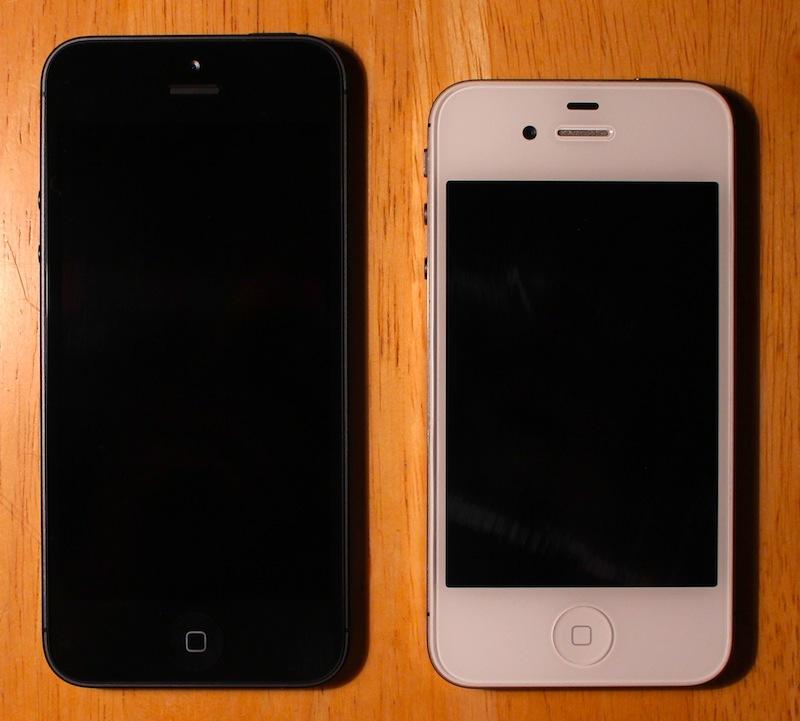







-m.jpg)





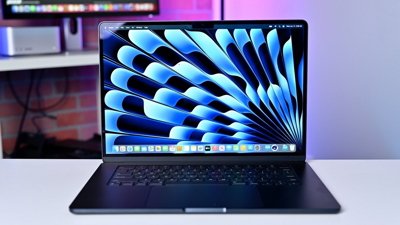
 Wesley Hilliard
Wesley Hilliard
 Christine McKee
Christine McKee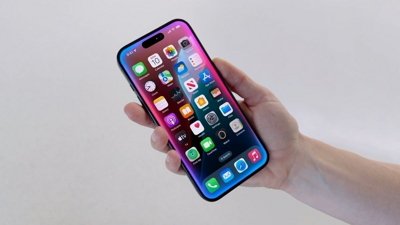
 Marko Zivkovic
Marko Zivkovic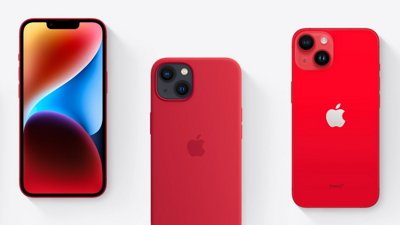
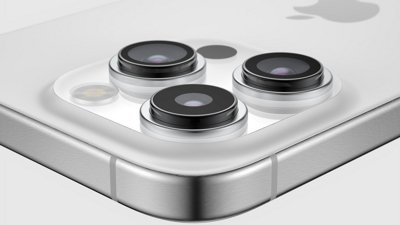
 Malcolm Owen
Malcolm Owen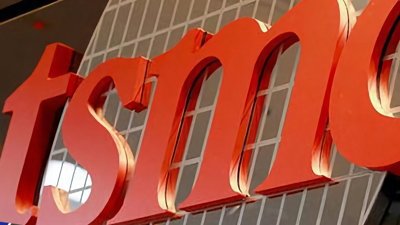
 William Gallagher
William Gallagher
 Andrew O'Hara
Andrew O'Hara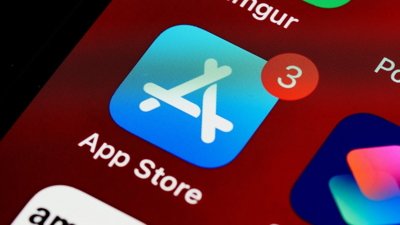


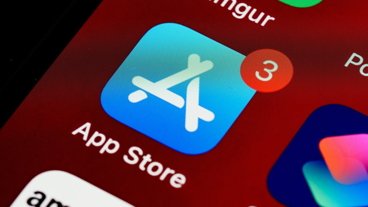





12 Comments
Pin drop...
"Now, this isn't exactly scientific, because we didn't change locations around the city. We also didn't try other cities." No, it's really "not scientific" because you didn't the testing blind, but this doesn't really require scientific testing. It does require a disclaimer that explains that the results of one moment may not be repeatable due to a variety of changing factors, including ambient noise, network load, signal strength at a particular location across three carriers, and the relevance of one call from one location compared to the call coverage and environment that a particular subscriber will experience. Sprint uses a proprietary codec (that is known to result in better sounding voice calls), but it also can do so because it doesn't have many subscribers to carry. And there's reasons for that too, including its historically poor coverage. Before citing results with such confidence, they should have at least performed the test a few times. One data point, interpreted as "if all you care about is the best-sounding voice calls, our quick test favored Sprint," is pretty awful reporting.
This is kind of a random and pointless 'test'. In fact it's not really a test at all. CDMA for a long time has generally been considered superior in terms of voice quality. (One of it's few advantages) So their 'results' aren't that surprising.
Sprint won?!
Wow.
And the trip mics would explain the 5 winning, that's new, right...?
"results are from an individual case and do not reflect nationwide nationwide performance, which may vary due to coverage and other factors%u201D Good enough as ad bait though...